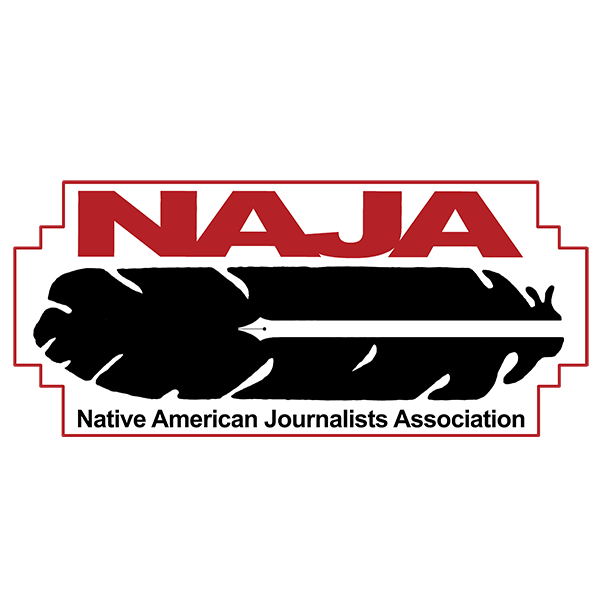
NAJA hosts “Mainstream Malpractice: improving Indigenous COVID-19 coverage” virtual roundtable Jan. 21
This episode of the NAJA Roundtable series will feature experts and reporters who will discuss common pitfalls and best practices when covering the pandemic in Indian Country.
The Native American Journalists Association recognizes that media professionals are confronted with unique challenges when covering issues affecting Indigenous people and communities. The NAJA Roundtable series aims to examine the challenges and best practices for reporting these stories.
Non-Indigenous editors, producers, and reporters in mainstream media continue to be inconsistent in how they report on the pandemic and its impact across Indian Country. Inexperienced non-Indigenous journalists too often dip into common tropes and stereotypes in their reporting. How can non-Indigenous reporters and outlets avoid these bias-reinforcements while empowering more culturally conscious, accurate, and contextual reporting? Our panelists will discuss and offer solutions.
The roundtable panelists include:
-
Nick Martin (Sappony), staff writer covering Indian Country at The New Republic
-
Candis Callison (Tahltan First Nation), Associate Professor at the University of British Columbia School of Journalism
-
Shondiin Silversmith (Diné), Indigenous affairs reporter at The Arizona Republic
Moderated by Deb Krol (Xolon Salinan), NAJA member and environmental reporter at The Arizona Republic.
NAJA will host the roundtable and live Q&A at 4 pm CT on Thursday, January 21, 2021, via Zoom. Participants may register in advance here. After registering, attendees will receive a confirmation email with information about how to join the webinar.
The recording will also be available on the NAJA website and NAJA YouTube channel.
NAJA will develop additional roundtables, which will focus on the challenges and best practices for reporting on Indigenous people, communities and issues. Members may pitch roundtable suggestions through the online form here.
About the Native American Journalists Association
NAJA serves more than 700 members, including media professionals working in tribal, freelance, independent and mainstream news outlets, as well as academia and students covering Indigenous communities and representing tribal nations from across North America.

